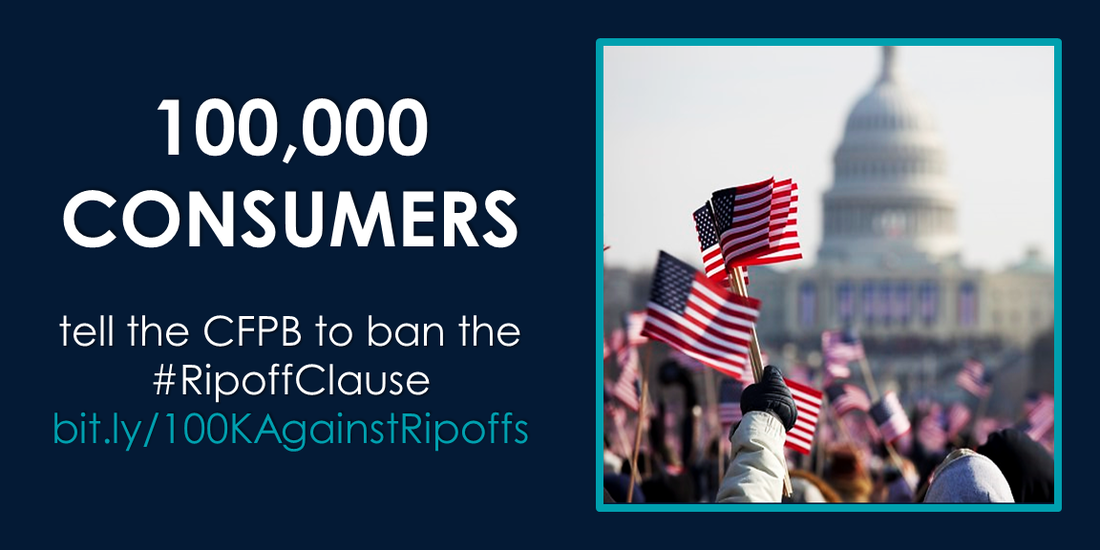Jeffrey Dunn, an attorney at Missouri firm Sandberg Phoenix, who represents long-term care facilities across the Midwest, predicts that the new rule will cause many long-term care firms to stop using arbitration agreements for fear they will no longer be able to participate in Medicare and Medicaid.
The only path to arbitration going forward is for the parties to agree to arbitrate a dispute after an incident has occurred, he said. “Undoubtedly, that is what the plaintiffs’ bar wanted,” he said. “I think it’s going to be a very, very rare occasion where you will see an arbitration agreed to by the parties after an incident has occurred because, generally, plaintiffs’ lawyers like to be in civil courts.”
Why is that, do you think?
If arbitration is as wonderful as the people trying to force it on you say, then ask yourself:
Why do they have to force it on you?
Getting people to agree to arbitration after a dispute arises should be a piece of cake if ANYTHING the nursing home industry says about it is true.
But it's not. Not a single bit.
And that is 100% of the reason that these industry hacks push forced arbitration - because they know that forced arbitration is a surefire way that they can continue to conceal patient abuse and harm and keep making profits on the backs of neglected and abused residents. It is a systematic way to avoid accountability and to safeguard the profits of the corporations running these places by sacrificing the public's ability to see into the conditions that they subject residents to.
September 28, 2016
The New York Times
NYTimes.com »
Breaking News Alert
September 28, 2016
BREAKING NEWS
Nursing homes have long blocked abuse and harassment claims from reaching courts. A major new federal rule puts a stop to that.
Wednesday, September 28, 2016 6:33 PM EDT
The federal agency that controls billions of dollars in Medicaid and Medicaid funding has moved to prevent nursing homes from forcing claims of elder abuse, sexual harassment and even wrongful death into the private system of justice known as arbitration.
The agency, the Department of Health and Human Services, on Wednesday issued a rule that bars any nursing home or assisted-living facility that receives federal funding from inserting an arbitration clause into its contracts.
The rule, which would affect 1.5 million nursing home residents, promises to deliver major new protections.
Read more »

 RSS Feed
RSS Feed
